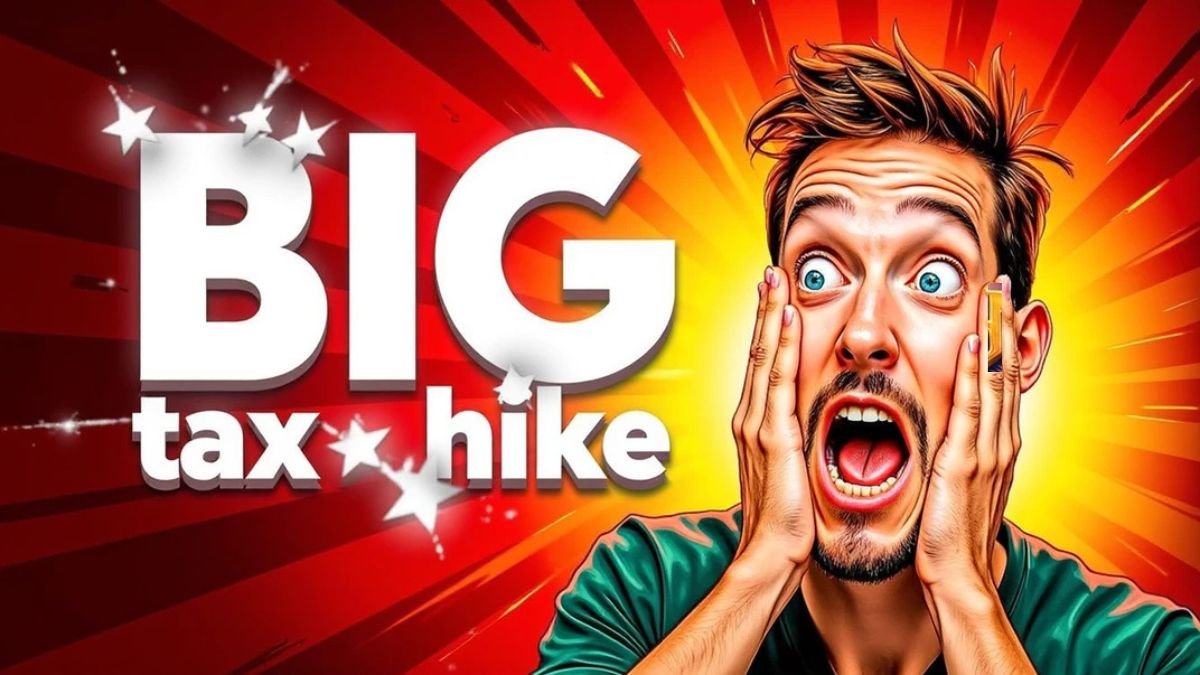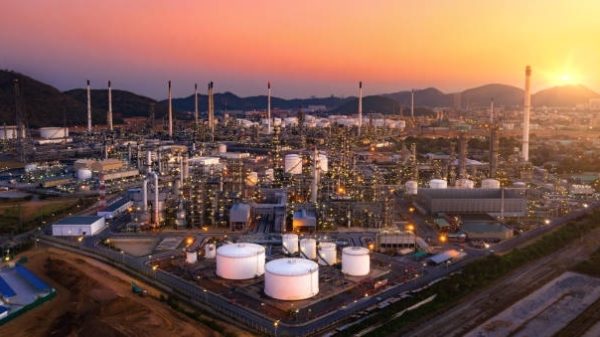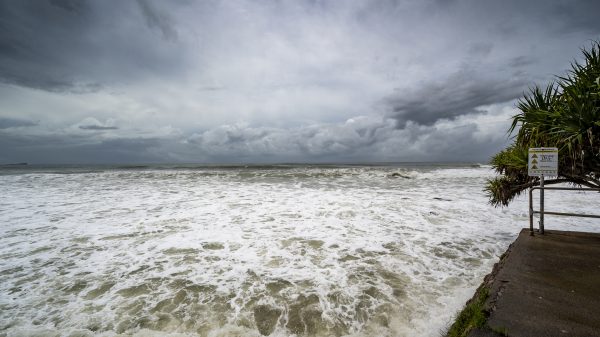[ad_1]
Big tax hike on Australian products – Australia will experience another price surge for alcoholic beverages during the next few days. The annual February and August alcohol excise tax raise leads to this latest price hike. Higher taxation on alcohol creates growing stress for all producers operators and consumers.
This article explains the tax system that affects alcohol prices while exploring who receives the most harm from price changes and Australia’s international position.
What is the excise tax on alcohol?
The excise tax on alcohol in Australia is revised every six months based on the Consumer Price Index (CPI). This tax depends on different types of alcohol and its alcohol content. Different rates are set for beer, spirits, or other liquors.
Current rates:
- Beer (over 3%, less than 8 litres): $61.32 per litre
- Pub beer (over 3.5%): $43.22 per litre
- Spirits (over 10%): $103.89 per litre
For example, a 1-litre bottle of Bundaberg rum costs $61.50, of which $38.40 is tax. And 60% of the cost of a packaged full-strength beer goes towards tax.
Post not found.
Impact of the hike
The liquor industry is already under pressure from rising taxes due to inflation and other costs. Brewers and hoteliers say the constant tax hikes are becoming unaffordable for their businesses. “When excise taxes rise every six months, along with other costs such as salaries, transport and electricity, it makes no sense to charge customers more money,” says Mike Clark, founder of Sauce Brewing Co.
Industry demand: Stop excise tax
Many prominent figures in the alcohol industry, such as Bundaberg Distilling president Amanda Lampe, are calling on the government to halt the tax hike and review the system. “This tax is putting tremendous pressure on manufacturers, pubs, and Australia’s tourism sector. When tourists see the high prices here, they may choose other destinations,” Lampe says.
Australia’s place in global comparison
Australia’s excise tax on alcohol is one of the highest in the world. Australia ranks third in taxes on beer, behind only Norway and Finland. Taxes on spirits are seven times higher than in the US.
Impact on consumers
For ordinary Australian consumers, enjoying a simple drink with friends has become more expensive because of these tax hikes. “Enjoying a beer or spirits is now a luxury,” Lampe says.
Post not found.
Conclusion
Tax increases on alcohol in Australia can be costly for consumers and are causing a crisis for the industry. This situation needs to be corrected so that the system can be more stable and affordable. The government must now seriously consider this issue so that a balanced solution can be found keeping in mind the country’s economy and the difficulties of consumers.
FAQs On Big tax hike on Australian products
Q. Who is most affected by the excise tax hike?
A. The hike is affecting alcohol producers, pubs, and consumers the most. Alcohol producers are increasing costs, which leads to consumers paying more.
Q. Will the government put a stop to the excise tax hike?
A. This question remains unanswered, but many industry leaders are calling on the government to put a stop to the tax hike.
Q. How do alcohol tax rates in other countries compare to Australia?
A. Australia has one of the highest alcohol tax rates in the world, even higher than the US and New Zealand.
[ad_2]
Source link











